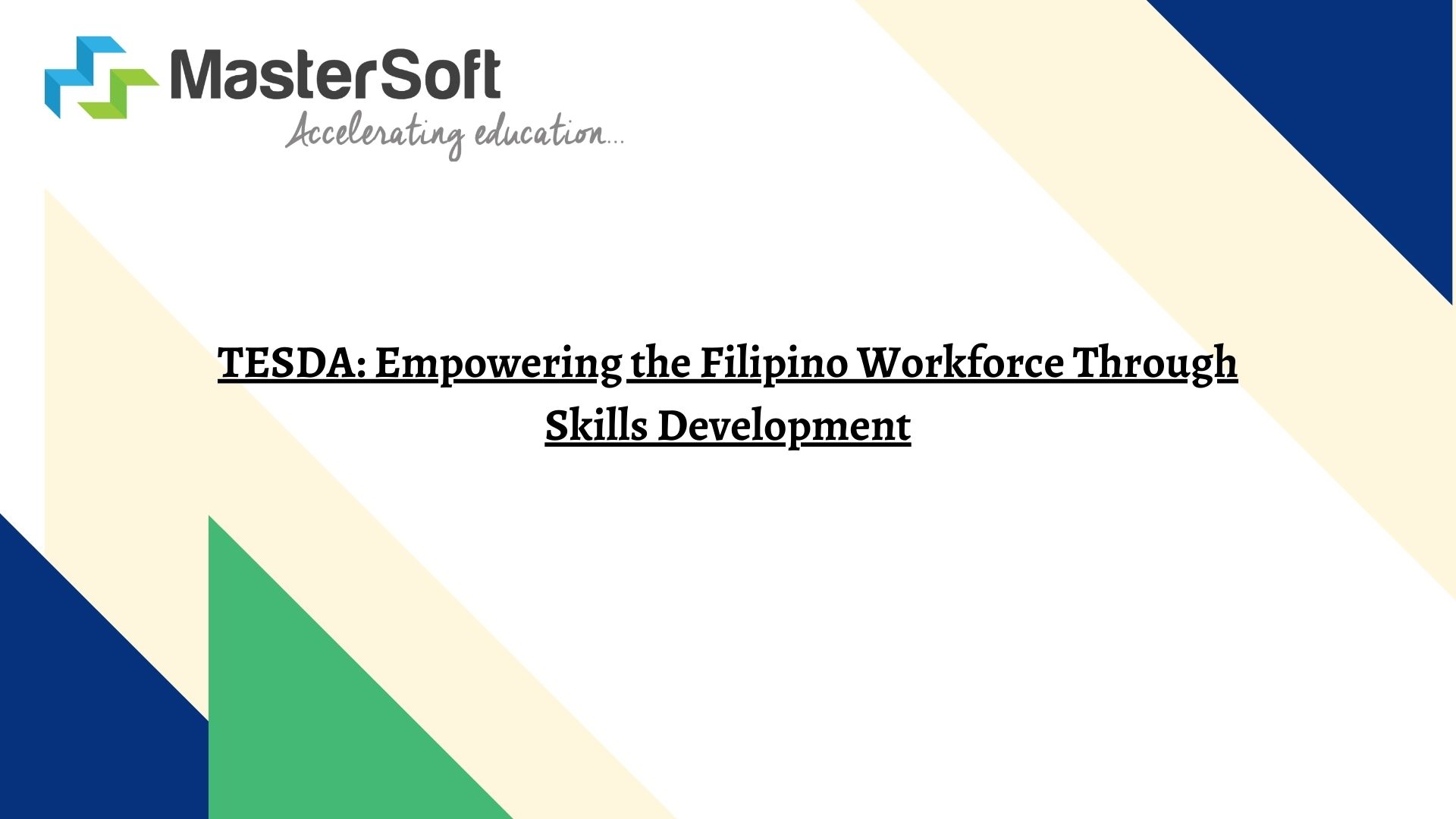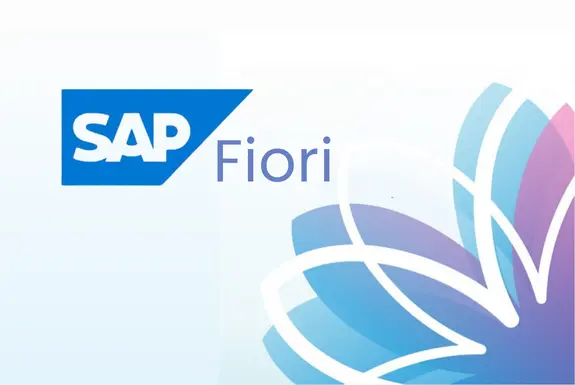In today’s rapidly evolving world, where technological advancements and economic shifts are transforming industries, the need for a skilled and adaptable workforce is more critical than ever. The Technical Education and Skills Development Authority (TESDA) in the Philippines plays a pivotal role in addressing this need by providing accessible and high-quality technical education and skills development programs. TESDA’s initiatives are designed to empower Filipinos with the skills they need to thrive in the local and global job markets.
What is TESDA?
TESDA, short for the Technical Education and Skills Development Authority, is a government agency in the Philippines responsible for overseeing and managing the country’s technical and vocational education and training (TVET) sector. Established in 1994 through Republic Act No. 7796, TESDA aims to equip Filipinos with the skills and competencies required to enhance their employability and improve the nation’s economic productivity.
TESDA’s Vision and Mission
TESDA’s vision is to provide world-class technical education and skills development services that are relevant, accessible, and responsive to the needs of the Filipino workforce and industries. The agency’s mission revolves around promoting and enhancing the quality of TVET programs to ensure that graduates are competitive both locally and globally.
Key Programs and Initiatives of TESDA
TESDA offers a wide range of programs and services designed to meet the diverse needs of the Filipino population. These initiatives are aimed at providing individuals with the skills necessary to succeed in various industries, from traditional sectors like agriculture and manufacturing to emerging fields like information technology and healthcare.
- Technical-Vocational Education and Training (TVET) Programs
- TESDA’s TVET programs are designed to equip students with practical skills and knowledge in various fields. These programs are offered through TESDA’s network of accredited training centers, including public and private institutions across the Philippines.
- TVET courses range from short-term training programs to diploma courses, covering areas such as automotive, electronics, construction, tourism, agriculture, and more. Upon completion, graduates receive National Certificates (NC) that are recognized by employers both in the Philippines and abroad.
- Scholarship Programs
- To ensure that technical education is accessible to all Filipinos, TESDA offers several scholarship programs. These include the Training for Work Scholarship Program (TWSP), the Special Training for Employment Program (STEP), and the Private Education Student Financial Assistance (PESFA).
- These scholarships provide financial assistance to students, covering tuition fees, training allowances, and other related expenses, making it easier for individuals from low-income families to pursue technical education and skills development.
- TESDA Online Program (TOP)
- Recognizing the need for flexible learning options, TESDA launched the TESDA Online Program (TOP), an online platform that offers free access to a variety of courses. The TOP is designed to make learning more accessible, especially for those who are unable to attend traditional classroom-based training.
- Courses available on the TESDA Online Program cover various fields, including information technology, entrepreneurship, agriculture, and more. Learners can access these courses anytime and anywhere, allowing them to acquire new skills at their own pace.
- Competency Assessment and Certification
- TESDA places a strong emphasis on ensuring that its graduates meet industry standards. To this end, the agency conducts competency assessments to evaluate the skills and knowledge of individuals who have completed TVET programs.
- Those who pass the assessment are awarded National Certificates (NC), which serve as proof of their qualifications and competencies. These certificates are recognized by employers, making them valuable credentials for job seekers.
- Industry Partnerships and Apprenticeships
- TESDA collaborates with various industries to ensure that its training programs are aligned with the needs of the labor market. Through these partnerships, TESDA offers apprenticeship programs that allow students to gain hands-on experience in real work environments.
- The Dual Training System (DTS) is one such initiative where students divide their time between classroom instruction and on-the-job training, giving them the opportunity to apply what they’ve learned in a practical setting.
The Impact of TESDA on the Filipino Workforce
TESDA’s efforts have had a significant impact on the Filipino workforce, contributing to increased employability, economic development, and social inclusion. Some of the notable impacts include:
- Enhanced Employability
- TESDA graduates are equipped with industry-relevant skills that make them more competitive in the job market. Many TESDA-certified individuals have successfully secured employment both in the Philippines and overseas, thanks to the high-quality training they received.
- Support for Entrepreneurship
- In addition to preparing individuals for employment, TESDA also supports entrepreneurship by providing training in various entrepreneurial skills. This has empowered many Filipinos to start their own businesses, contributing to the growth of local economies.
- Promotion of Lifelong Learning
- TESDA encourages lifelong learning by offering continuous skills development opportunities. Whether it’s through short-term courses, online programs, or advanced training, TESDA ensures that individuals have the chance to upgrade their skills throughout their careers.
- Upliftment of Marginalized Communities
- TESDA’s programs extend to marginalized and underserved communities, providing them with the skills and knowledge needed to improve their quality of life. This has led to greater social inclusion and economic empowerment for many Filipinos.
Challenges and the Way Forward
While TESDA has made significant strides in enhancing the skills and employability of the Filipino workforce, it faces several challenges, including the need to keep up with rapidly changing industry demands and technological advancements. Additionally, there is a need to further expand access to TVET programs, especially in remote and underserved areas.
Moving forward, TESDA aims to continue evolving its programs and services to meet the needs of the 21st-century workforce. By embracing new technologies, fostering industry partnerships, and expanding access to training opportunities, TESDA is well-positioned to continue its mission of empowering Filipinos through technical education and skills development.
Conclusion
The Technical Education and Skills Development Authority (TESDA) plays a crucial role in shaping the future of the Filipino workforce. By providing accessible, high-quality technical education and skills development programs, TESDA equips individuals with the tools they need to succeed in a dynamic and competitive job market.
Whether you’re a student looking to start a new career, a worker seeking to upgrade your skills, or someone interested in lifelong learning, TESDA offers a wealth of opportunities to help you achieve your goals. Through its commitment to excellence and innovation, TESDA continues to empower Filipinos to build better futures for themselves and their communities.




